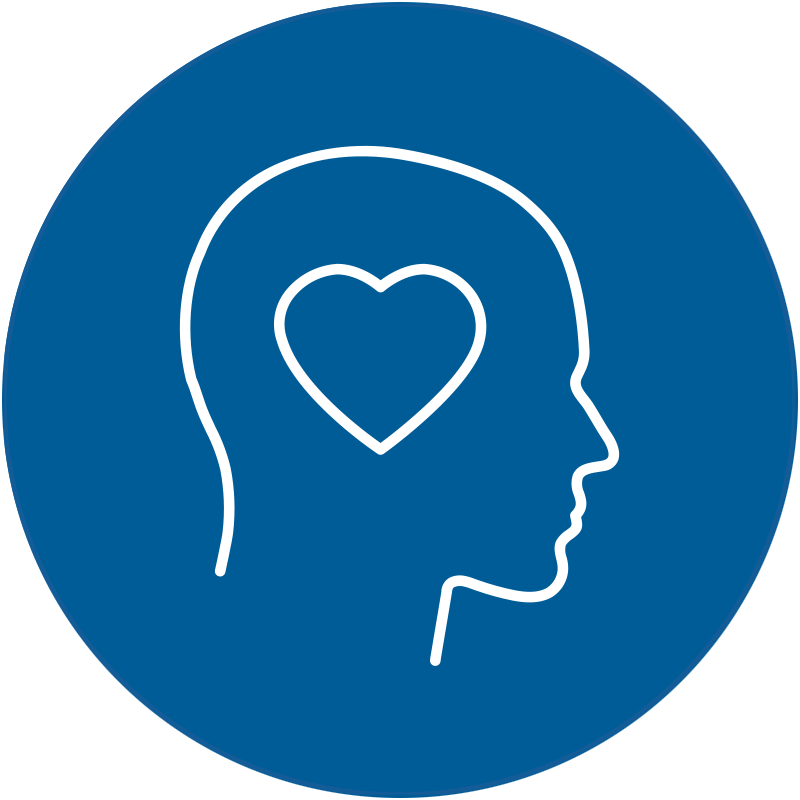Recovery Community Centres
People moving through their recovery journey will be supported by new recovery community centres throughout the province, with dedicated workers to make sure people continue to receive the support they need when they leave a treatment facility.
Since 2022, Government has funded recovery community centres at three locations in Vancouver. This model is being expanded to communities in the Fraser, Interior, Island and Northern Health regions in the future. People in recovery will be supported by four community recovery sites, where they can build connections, resiliency and wellness through mutual peer support, life-skills programming and relapse prevention.
In addition, training for aftercare providers such as recovery coaching, relapse prevention, culture-based healing initiatives and other services will ensure people are supported long-term.
Complex Care Housing
Our government is determined to make sure everyone in B.C. has access to a home– somewhere they can feel safe and live with dignity.
That’s why Government is adding complex care housing services across the province. Complex care housing is a ground-breaking approach to help people with overlapping mental health, addiction, and other complex health challenges who are often left to experience homelessness or are at risk of eviction.
The Province began creating complex care housing in 2022 with a goal of providing these services for 500 people across the province. Budget 2023 builds on this investment by committing an additional $266 million to fund these services, including $169 million in capital funding to build new homes with these services for people.

Care for Caregivers and Care to Speak
Healthcare workers have been on the frontlines of the pandemic and have played an integral role in helping people through these challenging last few years. That’s why Government has recently invested a further $1.6 million to make sure when health care workers need help, there is a place to turn.
Care to Speak is an initiative that first started in 2020 in response to the pandemic and is a peer-based phone, text and webchat service providing free and confidential support to healthcare professionals.
Care to Speak is a publicly funded program that offers peer support and targeted mental-health educational resources for health-care and community social services workers.
Care to Speak is available Monday to Friday from 9 a.m. to 9 p.m.
To learn more about Care for Caregivers and Care to Speak, visit www.careforcaregivers.ca.
Workplace mental health hub
Workplaces play a crucial role in maintaining and promoting positive mental health. The Ministry of Mental Health and Addictions is working across Government, and with partners like, the Canadian Mental Health Association BC Division, WorkSafeBC, Health and Safety Associations, and labour groups, to improve the culture of workplaces in BC.
Early in the pandemic, Government responded rapidly to assist workers by launching resources for healthcare workers (careforcaregivers.ca and Care to Speak) and those working in the tourism, hospitality and community social services sector (the Hub for Workplace Mental Health and the CARE Training Program).
Following the success of these programs, the Province has committed to providing over $5 million of additional funding to sustain and expand the Hub for Workplace Mental Health up to April 2026, so more people can get the mental health supports they need.
*note: not a decrease in funding – $5M for the Hub in addition to the $1.6M for Care for caregivers/Care to speak added to the row above = $6.6M.
In partnership with the Ministry of Social Development and Poverty Reduction, the Ministry of Mental Health and Addictions is also developing resources to support employers in building psychologically safe workplaces for employees living with mental illness(es).

